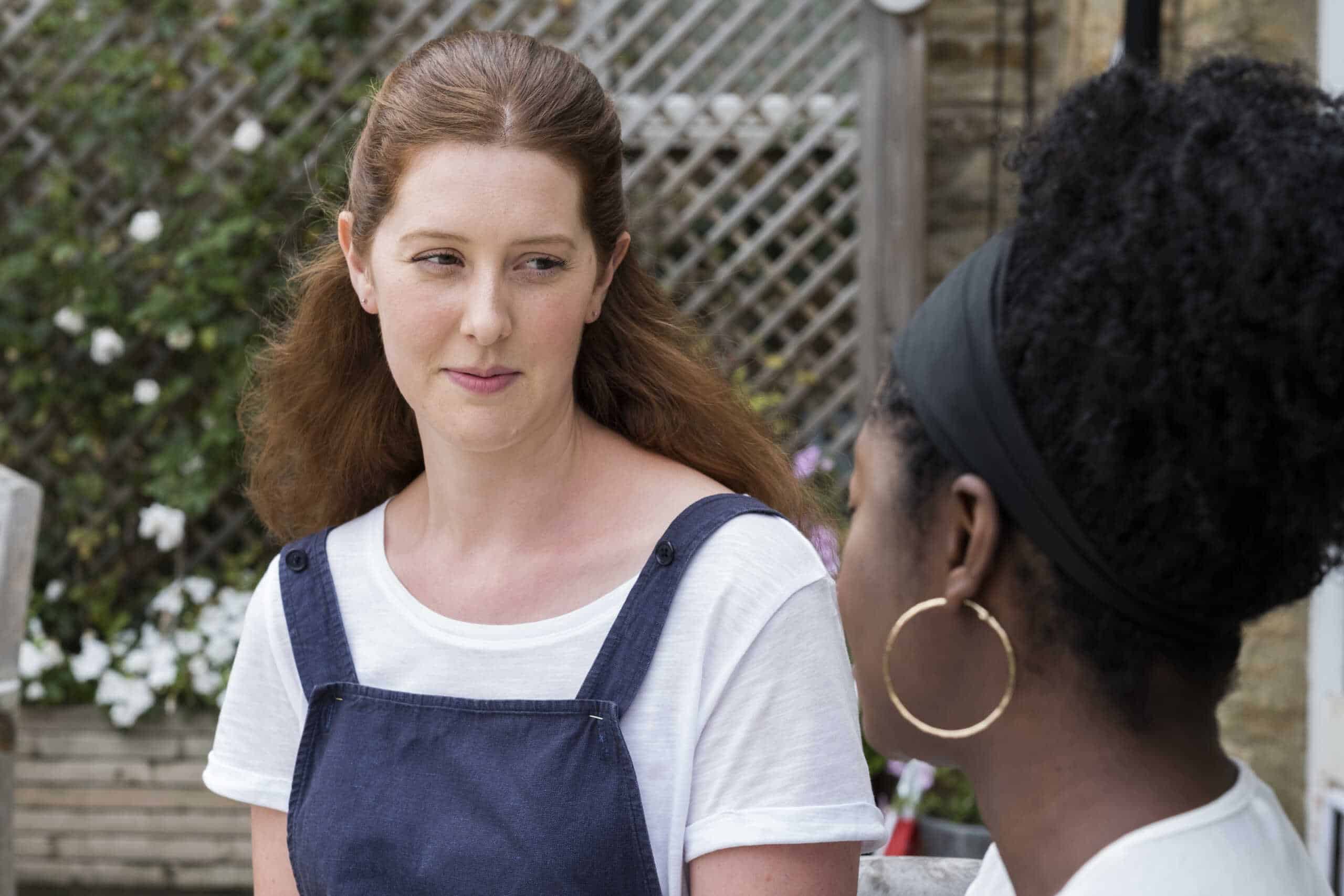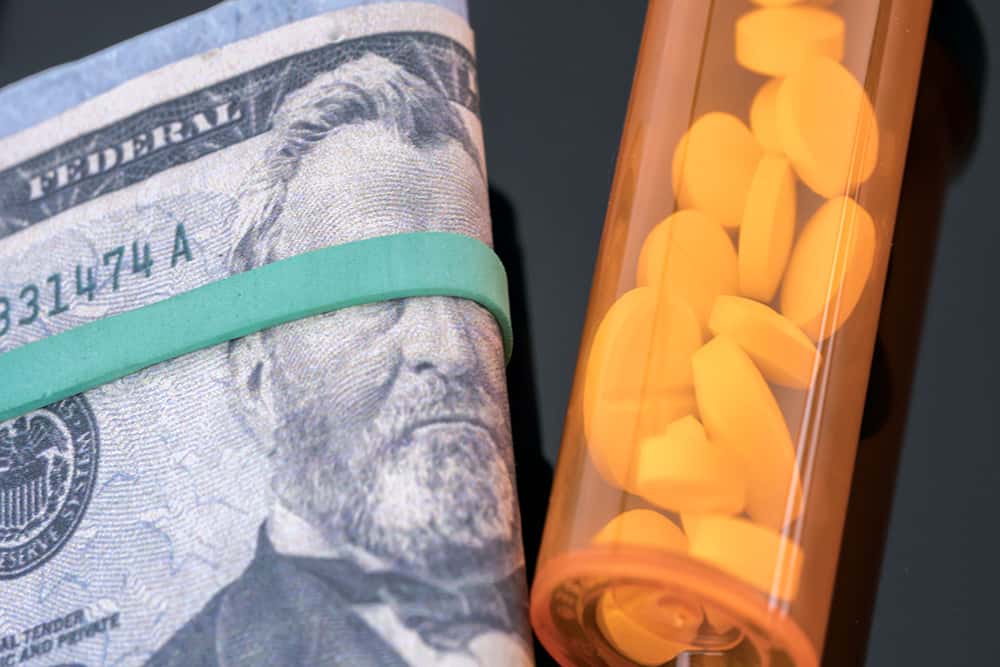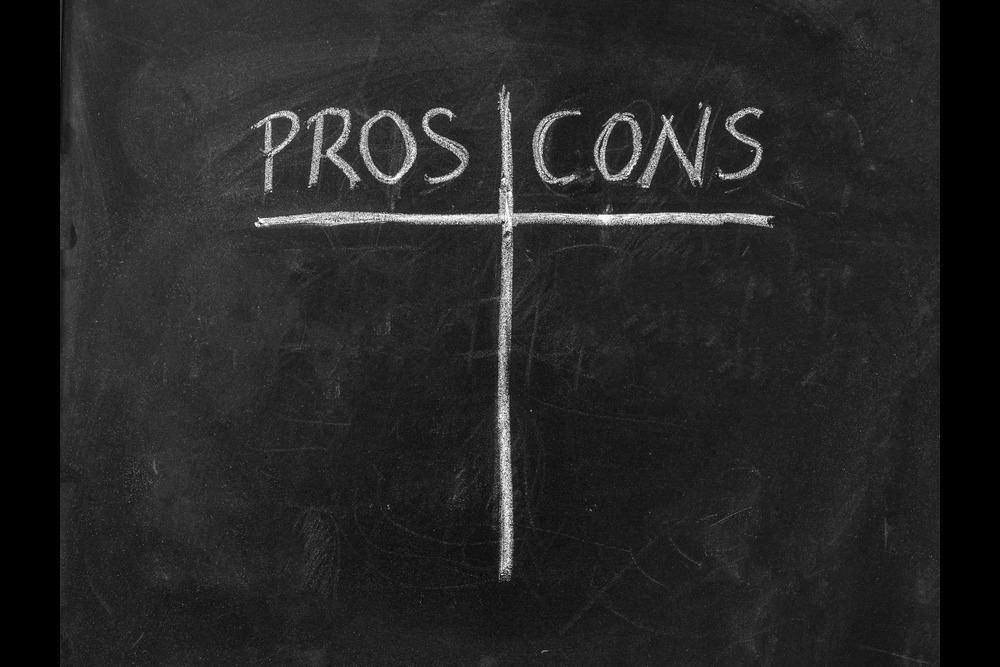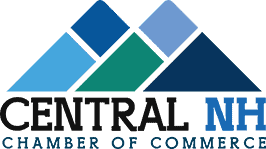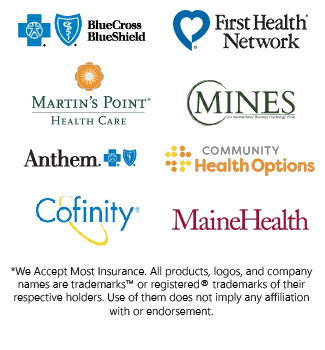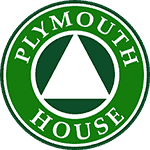Drug rehab is a process of medical and psychological treatment that aims to help individuals overcome addiction and achieve lasting recovery. While drug rehab programs can vary depending on the individual’s needs and the type of addiction, they typically involve a combination of detoxification, behavioral therapy, medication-assisted treatment, and ongoing support. In this article, we will explore the treatment process during drug rehab and discuss how it can help individuals break free from addiction and lead a healthier and happier life.
If you or a loved one is struggling with addiction, seeking professional help is the first step towards recovery. At Guardian Recovery Network, we provide comprehensive and personalized treatment programs to help individuals overcome addiction and achieve lasting recovery. Our team of experienced professionals uses evidence-based therapies and a compassionate approach to address the underlying causes of addiction and support our clients on their journey towards healing. Contact us today to learn more about our services and take the first step towards a brighter future.
Understanding the Addiction Treatment & Recovery Journey
Drug rehab is a journey that requires time, commitment, and a willingness to change. The treatment process typically begins with detoxification, followed by behavioral therapy, medication-assisted treatment, and ongoing support. Addiction treatment is a complex process that requires a comprehensive approach that addresses both the physical and psychological aspects of addiction. With the right treatment and support, individuals can break free from addiction and achieve lasting recovery.
Initial Evaluation & Assessment
The initial evaluation and assessment are a crucial part of the addiction treatment process. During this stage, healthcare providers will conduct a thorough assessment of the individual’s physical and mental health, substance use history, and other factors that may impact their recovery. This information is used to develop an individualized treatment plan that addresses the individual’s unique needs and goals.
Inpatient Residential or Outpatient Care
Inpatient residential and outpatient care are two common types of drug rehab programs. Inpatient residential care involves living at a treatment facility for a designated period, usually ranging from 30 to 90 days or longer. Outpatient care allows individuals to receive treatment while living at home and attending therapy sessions and other appointments at a treatment facility. The choice between inpatient and outpatient care depends on the individual’s needs, the severity of the addiction, and other factors.
Detoxification Protocols
Detoxification is the process of removing harmful substances from the body. Depending on the severity of the addiction and the type of substance used, detoxification can be a challenging and uncomfortable process. Detoxification protocols can include medication-assisted treatment, supportive care, and other interventions to manage withdrawal symptoms and prevent relapse. Detoxification is an essential part of the drug rehab process, as it prepares individuals for the next stage of treatment and helps them achieve lasting recovery.
Medication Management & Detox
Medication management and detox are an integral part of drug rehab programs. Medication-assisted treatment can help manage withdrawal symptoms and reduce cravings, making it easier for individuals to focus on their recovery. Detox protocols can vary depending on the type of substance used and the individual’s needs. Healthcare providers may prescribe medications to help manage withdrawal symptoms and prevent relapse. Detox is often the first step towards recovery, as it prepares individuals for the next stages of treatment.
Counseling & Therapy Sessions
Counseling and therapy sessions are a critical part of drug rehab programs. These sessions are designed to help individuals address the underlying causes of addiction and develop healthy coping mechanisms. Counseling and therapy sessions can include individual or group therapy, cognitive-behavioral therapy (CBT), and other evidence-based therapies. The goal of counseling and therapy is to help individuals achieve lasting recovery by addressing the root causes of addiction.
Group Support Sessions
Group support sessions, such as Alcoholics Anonymous (AA) or Narcotics Anonymous (NA), are an important part of drug rehab programs. These sessions provide a supportive and non-judgmental environment for individuals in recovery to connect with others who have similar experiences. Group support sessions can help individuals build a sense of community and develop a support system that can help them achieve lasting recovery.
Family Involvement
Family involvement is an essential part of drug rehab programs. Addiction can impact the entire family, and involving loved ones in the treatment process can help individuals achieve lasting recovery. Family involvement can include family therapy sessions, education and support groups, and other interventions designed to help families understand addiction and support their loved one’s recovery.
Aftercare Planning
Aftercare planning is a critical part of drug rehab programs. Aftercare planning involves developing a plan for ongoing support and care after the individual completes the initial treatment program. Aftercare planning can include ongoing therapy or counseling, participation in support groups, and other interventions designed to help individuals maintain their recovery and prevent relapse.
Nutritional Guidance
Nutritional guidance is an important part of drug rehab programs. Substance use can impact an individual’s overall health and well-being, including their nutritional status. Nutritional guidance can include education on healthy eating habits, meal planning, and other interventions designed to help individuals achieve optimal health and well-being.
Holistic Approaches to Treatment
Holistic approaches to treatment are an important part of drug rehab programs. Holistic approaches focus on treating the individual as a whole, addressing the physical, emotional, and spiritual aspects of addiction. Holistic approaches can include mindfulness-based interventions, yoga, meditation, and other interventions designed to promote overall health and well-being.
Spiritual Care Services
Spiritual care services are an important part of drug rehab programs. Spirituality can be an essential component of recovery for many individuals, and spiritual care services can provide a supportive and non-judgmental environment for individuals to explore their spiritual beliefs and practices.
Relapse Prevention Strategies
Relapse prevention strategies are an essential part of drug rehab programs. Relapse prevention strategies can include education on triggers and cravings, developing healthy coping mechanisms, and other interventions designed to prevent relapse and support ongoing recovery. Relapse prevention strategies can help individuals achieve lasting recovery and maintain their overall health and well-being.
Achieving Long-Term Sobriety
Achieving long-term sobriety is possible with the right treatment and support. Drug rehab programs can provide individuals with the tools and resources they need to break free from addiction and achieve lasting recovery. From detoxification to aftercare planning, drug rehab programs can help individuals address the physical, psychological, and spiritual aspects of addiction and develop healthy coping mechanisms. With the right treatment and support, individuals can achieve long-term sobriety and lead a healthier, happier life.
We Are Here For You
Let Us Help You Heal
Our Drug & Alcohol recovery services are second to none.
Learn how we can help by speaking with one of our Treatment Advisors today.
Contact Us Today to Learn More
At Guardian Recovery Network, we are dedicated to helping individuals achieve lasting recovery and lead a fulfilling life free from addiction. Our team of experienced professionals provides comprehensive and personalized treatment programs that address the unique needs and goals of each individual. With evidence-based therapies and a compassionate approach, we help individuals overcome addiction and achieve long-term sobriety. Contact us today to learn more about our services and take the first step towards a brighter and healthier future.
Get Started Now
Give us a call 24/7
(888) 693-1927
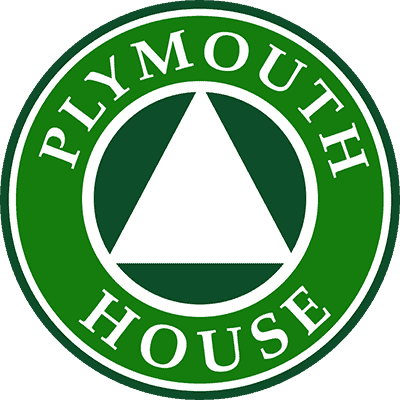

Reviewed for accuracy by:
Russell Beebe MLADC, LCMHC
Russell is a Master Level Alcohol and Drug Counselor (MLADC) and Licensed Clinical Mental Health Counselor (LCMHC) with over 11 years experience treating individuals with substance use and co-occurring disorders. Russell was inspired to get into the field after his experience as a resident at The Plymouth House in 2008.




